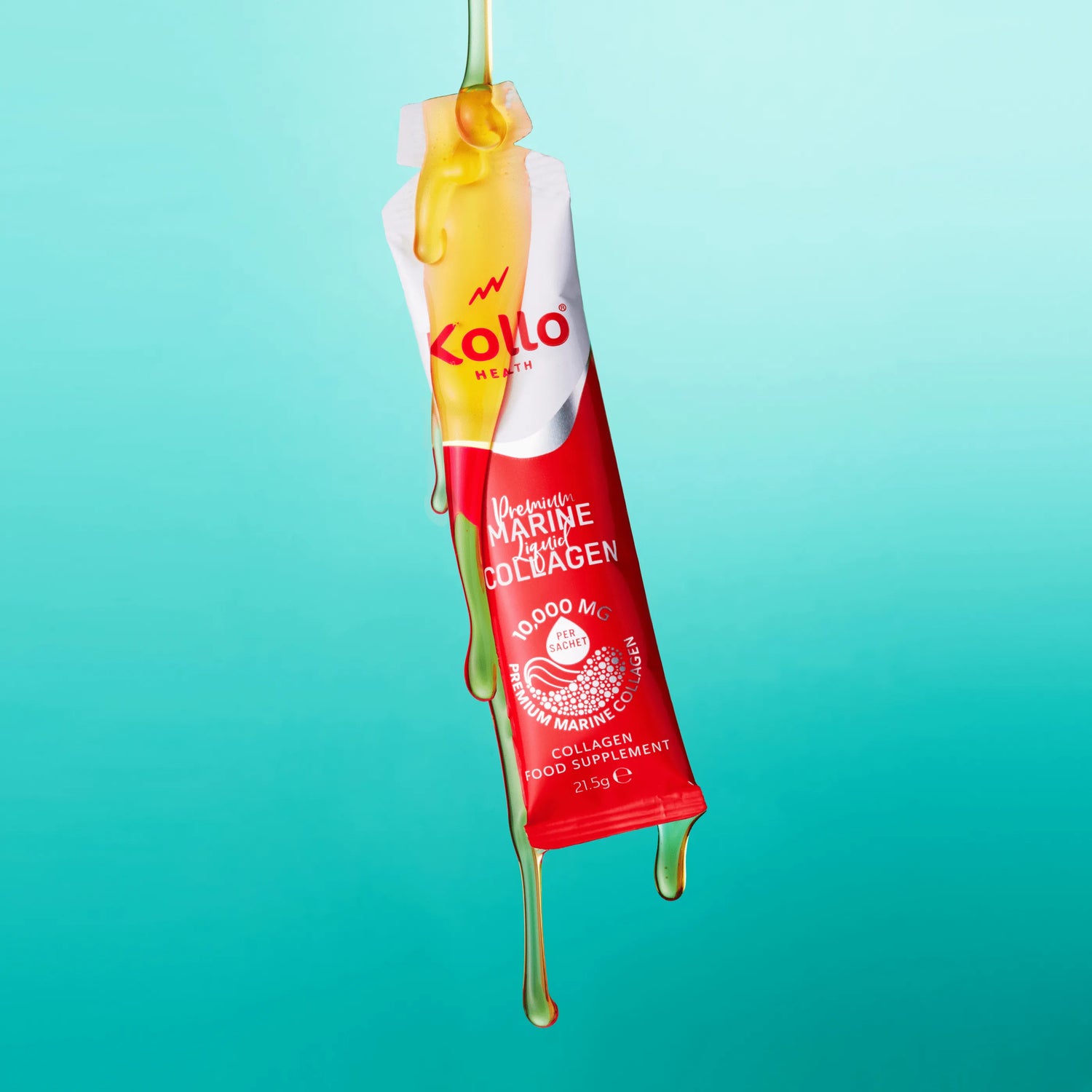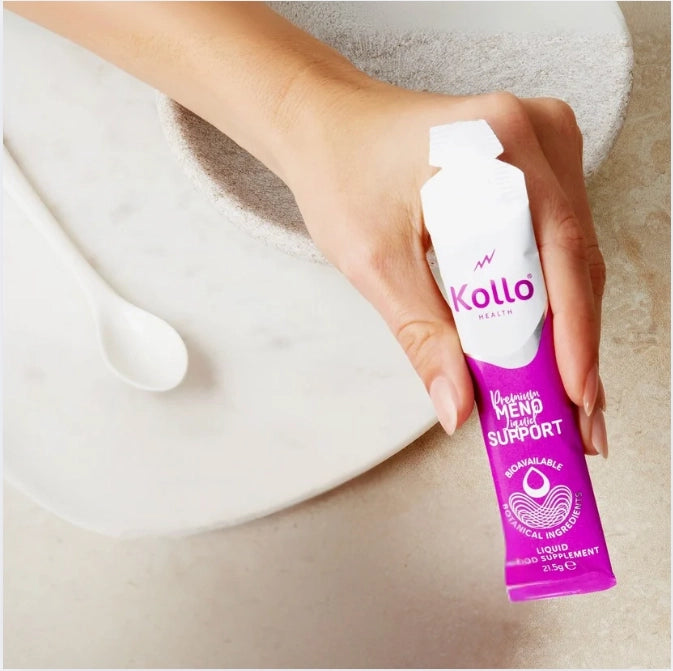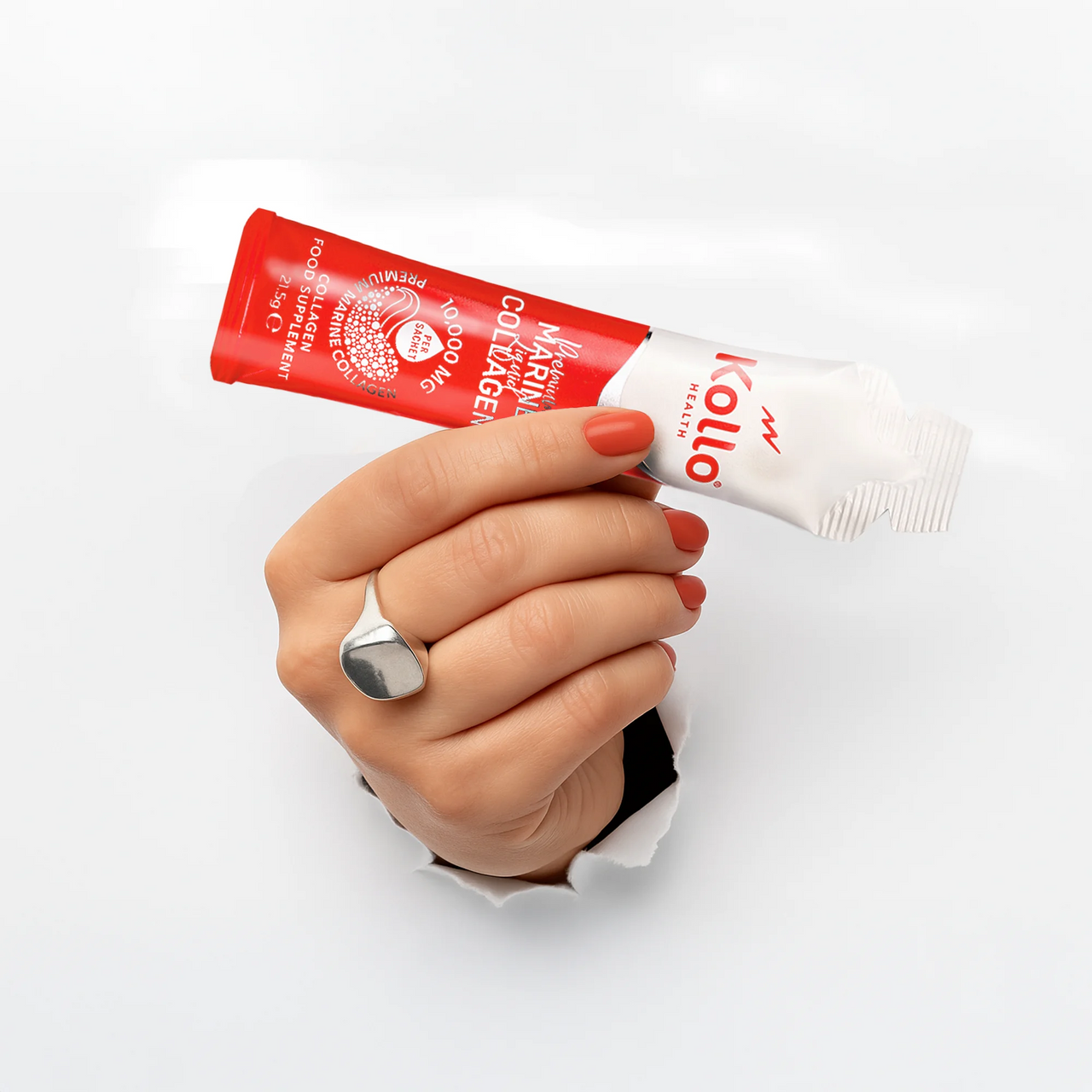You may have heard of the benefits of collagen for skin and its other incredible health benefits; if you want to know how to bring collagen into your diet and daily routine, then read on!
Collagen is a protein that is created in our bodies and consists of amino acids. These amino acids are ‘unessential’ as they do not come from food but are produced entirely by our bodies. Collagen itself, however, is essential as it forms the building blocks that support our very structure. From skin, ligaments, bones, and our gut, collagen keeps us upright. The benefits of collagen for hair and nails as well are numerous.
From the age of 25, our natural collagen production reduces by 1.5% a year. In essence, this means that if we want to ensure we get our 10g of recommended collagen a day, we need to look at ways to supplement collagen into our daily routine.
Food Sources
If only there were a delicious fruit full of collagen that we could devour daily! Sadly, this isn’t the case. The main limitation of using food sources solely for your collagen quota is that few foods contain the protein. Most types of collagen, including collagen type 2, come from animals so if you follow a vegan diet, there won’t be an option for you. However, there are still some things that we can do to help our body’s production of collagen.
If you want to look at food sources, gelatine is your best option. Gelatine is created by boiling the connective tissue in pigs and bovine animals. As collagen is the protein that keeps the structure of our connective tissue; gelatine is the miracle food, and it’s easy to digest and absorb. But, before you reach for the Haribo in the name of health, be careful with what you buy. You need to eat natural, grass-fed sourced gelatine and avoid overly processed options.
After the benefits of gelatine, there is also a range of foods that contain the amino acids that make up the collagen protein. By consuming these amino rich foods; we encourage the natural production of collagen. Such foods include egg whites, spirulina, and cod. These are all great ways to bring the glycine and proline amino acids into your diet.

Vitamin C
There have been numerous studies showing that Vitamin C is essential in the collage pre-production phase. By eating Vitamin C rich foods such as citrus fruits, dark leafy greens and spirulina, we give our bodies a helping hand.
Liquid Collagen
There are many forms in which you can take collagen supplements. Liquid collagen and collagen healthy drinks are some of the best ways in which to receive the protein as it is the most effective form for passing into your bloodstream quickly and efficiently.
Marine Collagen
We choose to use Marine Collagen for so many reasons, but at Kollo, we believe it is one of the best collagen sources, and we aren’t the only ones. Marine collagen is produced from fish scales and is one of the most environmentally sustainable sources of collagen as it uses the 60% of the fish that would otherwise go to waste. The great thing about marine collagen is its genetic make-up; it has the smallest particle size and molecular weight against any other collagen source. This smaller and lighter particle of collagen passes easily through the intestinal wall after ingestion and flows quickly into the bloodstream. Marine collagen is absorbed 1.5 times more efficiently than any other source.
Kollo liquid marine collagen was devised to bring you the most effective source of collagen with added Vitamin C. Why not give it a try today and see what Kollo can do for you.







